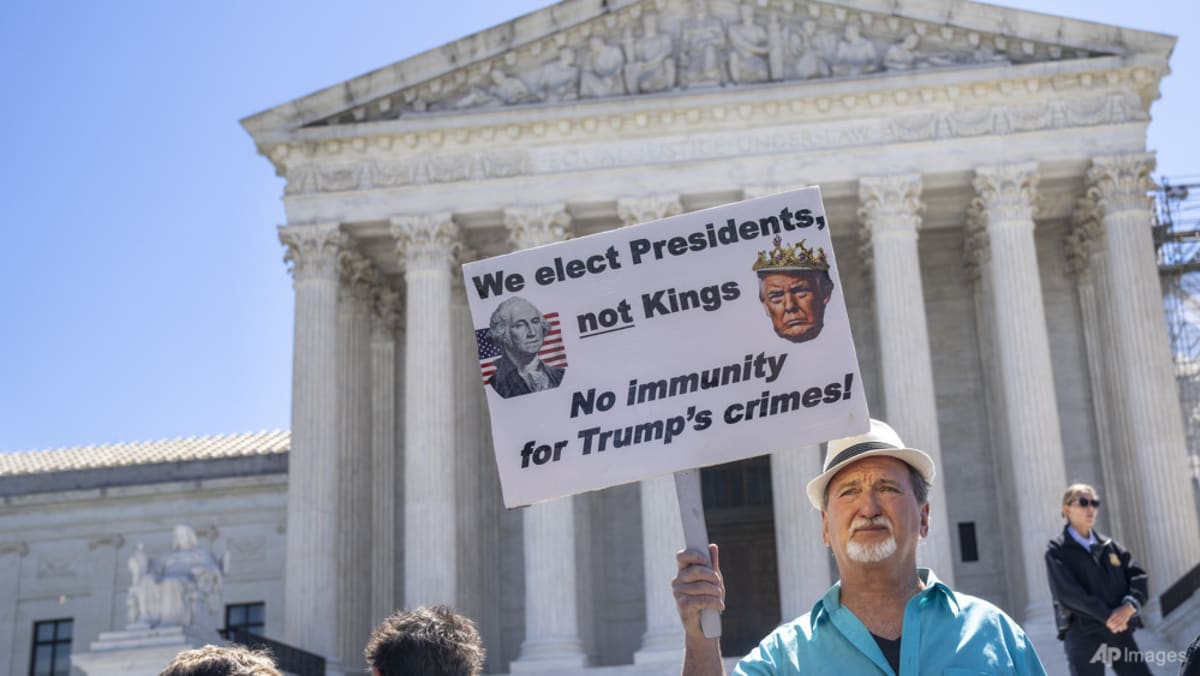In the court’s majority opinion, Chief Justice John Roberts wrote that while “the president is not above the law,” he also “may not be prosecuted for exercising his core constitutional powers”. Therefore, Trump is “entitled to at least presumptive immunity from prosecution for his official acts,” Roberts wrote.
The ruling means that special counsel Jack Smith cannot proceed with core allegations in the indictment — or must at least defend their use in future proceedings before the trial judge.
The justices, for instance, wiped out Smith’s use of allegations that Trump sought to leverage the investigative power of the Justice Department by ordering investigations into claims of voter fraud. It does not matter, the justices said, if the requested investigations were based on sham allegations or based on an improper purpose. At the end of the day, the court said, “the President cannot be prosecuted for conduct within his exclusive constitutional authority”.
The justices said the lower court must “carefully analyze” whether other allegations involve official conduct for which the president would be immune from prosecution.
Among the issues for further analysis is Trump’s relentless badgering of then-Vice President Mike Pence to not certify the electoral votes on Jan 6, 2021. The justices said it was “ultimately the Government’s burden to rebut the presumption of immunity” in Trump’s interactions with Pence and sent the question back to US District Court Judge Tanya Chutkan.
